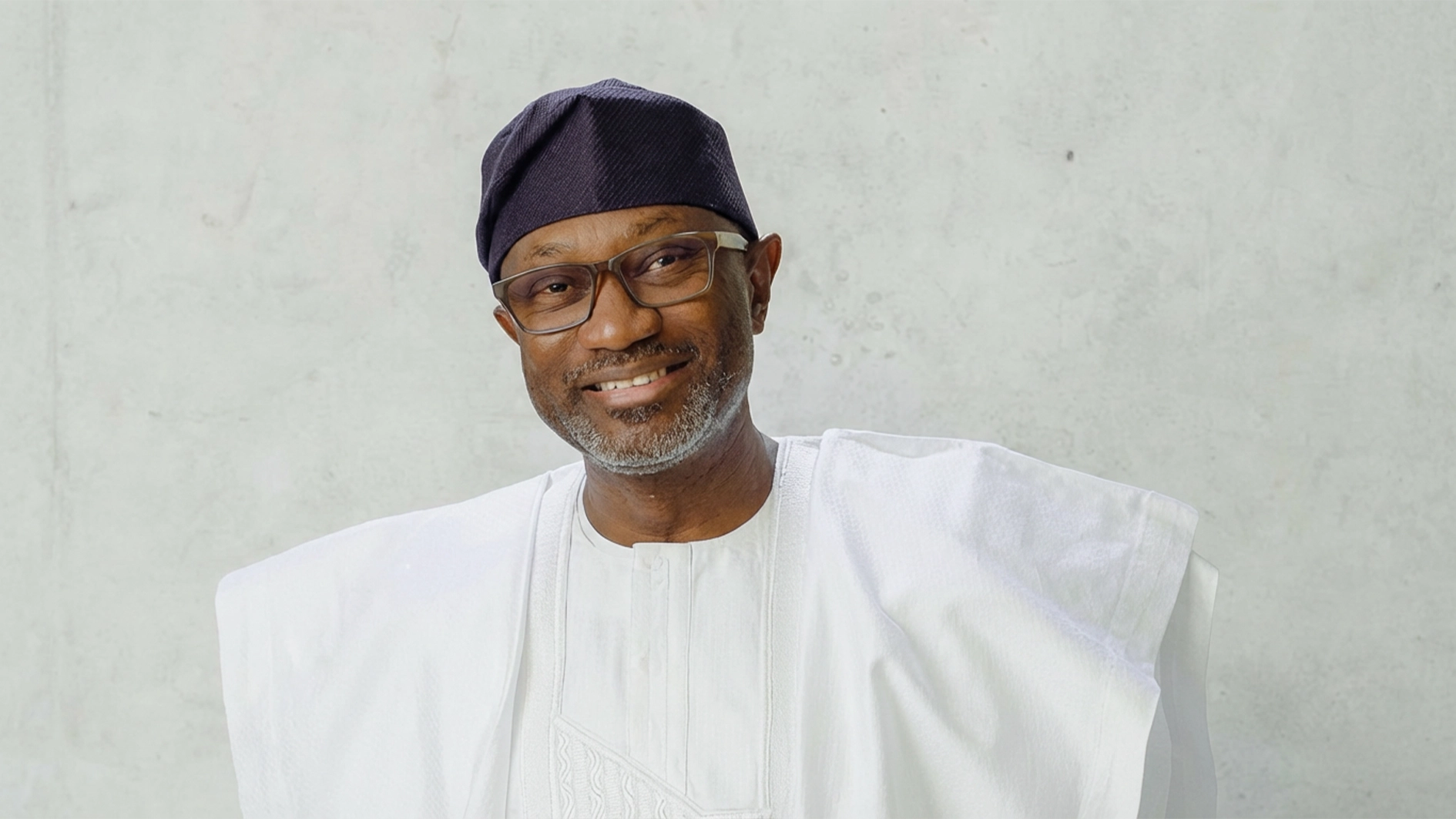
Led by the Senior Resident Representative and Mission Chief for Nigeria, Amine Mati, the officials said the relative stability is driven mainly by higher oil prices and portfolio flows, also known as “hot money”, which have helped strengthen fiscal and external buffers.
“Higher oil prices and short-term portfolio inflows have provided relief from external and fiscal pressures but the recovery remains challenging…activity in the non-oil non-agricultural sector remains weak, as lower purchasing power weighs on consumer demand and as credit risk continues to limit bank lending,” he said.
Admitting that corporate tax collection efforts improved, he warned that revenue shortfalls and the late adoption of the 2018 budget will impede its implementation, with attendant implications.
According to him, revenue from higher oil prices is limited by net losses from retail fuel sales, while non-oil revenue remains below expectations, with yields from tax administration measures—including the Voluntary Asset Income Declaration Scheme (VAID), and increased tax audits—yet to fully materialise.
But a statement from the Ministry of Finance, signed by the Director of Information, Hassan Dodo, affirmed that the country is making steady progress in domestic revenue mobilization in efforts to close the assessed gap in terms of debt service-to-revenue ratio.
According to him, a report on the revenue performance by the Federal Inland Revenue Service (FIRS), showed about N2.53 trillion collections between January and June 2018, an increase of N746 billion, representing 42 per cent, against N1.78 trillion realised in the corresponding period in 2017.
The amount also showed that the FIRS had already realised 75 per cent of its total target for the year, which is an improvement over what was realised in the corresponding period of 2017.
Mati maintained that although lower cost of borrowings have kept interest payments within the budgeted envelope, the Federal Government’s interest-to-revenue ratio is expected to take more than half of revenues this year.
“Under current policies, the outlook remains challenging. Growth would pick up to about two per cent in 2018, weighed down by lower than expected oil production and relatively weak agriculture growth.
[ad unit=2]






